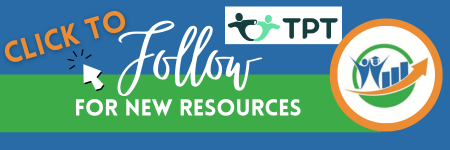Professional Development – Mentoring Teachers in Schools
- Dianne McKinley
- Nov 4, 2020
- 2 min read
Updated: Jan 19
Experienced educators use teacher mentoring programs to provide knowledge, support, advice, and reinforcement. More importantly, educational consulting can contribute in enhancing the work, skills, career, and professional development of teachers.
A mentor is an experienced and trustworthy person who takes a keen interest in helping an apprentice become successful. He/she is a teacher, adviser, friend, and role model rolled into one. An effective mentoring relationship involves mutual respect, trust, understanding, and empathy. Aside from technical expertise, mentors also share their wisdom and life experiences.

CHARACTERISTICS OF MENTORING
It is relationship oriented – Mentoring provides an environment where a mentee can share issues concerning his/her profession. Aside from learning competencies, mentoring also includes other areas such as self-confidence and self-perception.
It is development driven – Mentoring also enhances the leadership skills of teachers. The purpose of mentoring is to develop a teacher, not only today but the future as well.
It involves a design phase – This phase is needed to establish the purpose for mentoring. Focus areas, specific components, and mentoring models that will guide the matching process will be decided upon.
MENTORING TEACHERS IN SCHOOLS
Sometimes, a college education isn’t enough to prepare new teachers for the real-life classroom, leaving them lacking in the knowledge and skills needed for teaching. Poorly trained teachers will have a significant impact on students’ performance because achievement depends on the quality of instruction.
One of the reasons why teachers leave the profession is the lack of support in handling the different challenges they face. The process of mentoring nurtures teachers and gives them the tools and skills needed in actual practice.
Usually, it is the school that assigns a mentor. A teacher mentoring program is a means to support teachers, coaches, and educators. A well-planned program designed by experienced mentors can help teachers survive the first few years of teaching.
Teachers need mentors who can observe them and provide feedback. It will help them enhance their written communications, behavior management, and interpersonal skills. The results – teachers will be better at classroom management, grading, and lesson planning.
BENEFITS OF MENTORING TEACHERS IN SCHOOLS
Helps develop confidence and self-esteem
Improved teaching skills
Enhanced social skills and behavior
Improved resiliency
Increased sense of belonging
THE ROLES MENTORS PLAY
Confidant – Teachers should be able to express their fears, doubts, and concerns to their mentors. Being honest about these feelings will make the mentor-mentee relationship more relaxed and productive.
Observer – Through observation, mentors can identify areas that need improvement and discuss it with the mentee. The mentor will then provide feedback on the teacher’s performance. A mentor shouldn’t look intimidating or overpowering in order to be effective.
Confidence builder – Teachers can build competence and capacity to make informed decisions. The mentor can suggest various ways to improve teaching and provide emotional and moral encouragement at the same time.
About INcompassing Education
We believe that education plays an important role in the development of today’s society. That’s why our mission is to provide high-quality professional development and educational consulting to all teachers and educators.
INcompassing Education offers on-site, off-site, and online professional development in Indiana and other states in the US. Feel free to discuss with us the needs of your school/district.
Looking for Support?




